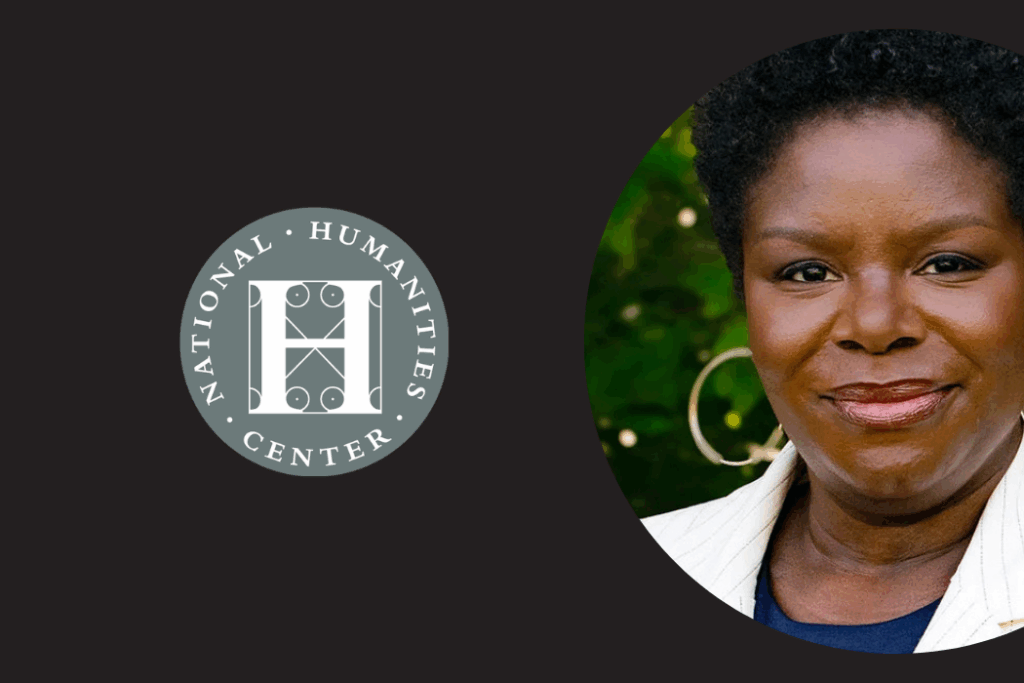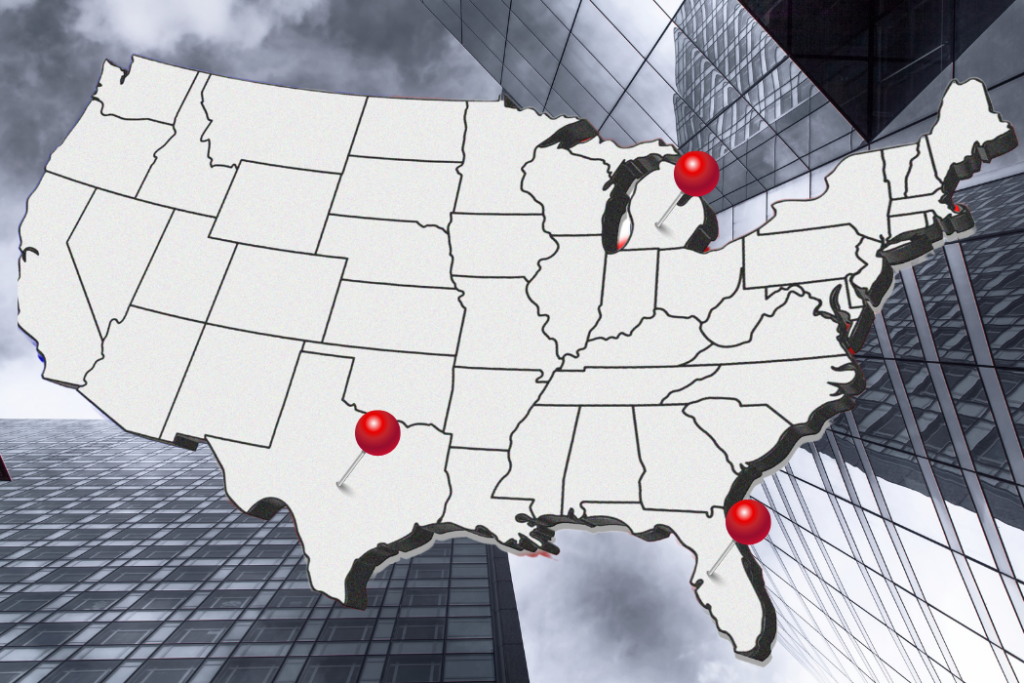
In light of the coronavirus pandemic, we are creating content to help our readers navigate through the crisis. We hope each of you find something here to help you in your business or personal lives.
One of the mitigating consequences of the coronavirus pandemic is the stress and anxiety that it’s causing everyone. We recognize that minority and women business enterprises are not only struggling with the day-to-day crises affecting their businesses, but also with managing their emotions. So, we reached out to Roberta A. Moore, a licensed therapist and leadership coaching specialist and the author of “Emotion at Work: Unleashing the Secret Power of Emotional Intelligence,” to get some tips to help everyone manage the stress and anxiety they’re experiencing.
Roberta’s answers have been edited for brevity and clarity.
Q: What are some of the things you’ve seen people dealing with, not only in terms of their businesses but just dealing with it in general?
Roberta: Some people have trouble dealing with uncertainty. That’s the big thing. That’s what’s common. That if somebody is, like that woman I just told you about, or the college student, or somebody who is a CEO of a good size business, it’s the uncertainty. That this is hard to plan for, because we don’t know how long it’s going to last. people who, really their job depends on them, like a massage therapist or a hairdresser or a nail salon, they could be very, very anxious about their revenue streak, right? And what’s going to happen in the future. So anxiety. Anxiety is a big one. Worrying about older relatives.
Q: What are some things that people can do to alleviate some of the stress and anxiety?
They have to understand we’re all in the same boat. I think it helps some people just to know they’re not alone. None of us, none of us really know how to do this. If you can think we’re taking things day by day. And sometimes I like to tell my clients it’s almost like a big joke by the universe, because I talk to them often about mindfulness, mindfulness. The concept of mindfulness that is not to be living overly in the past, like regretful, unless you’re learning from things you did from the past and say, “Wow if I had to do it over again, I’d do it differently.” Or not to be projecting too far into the future, to worry about what’s to come. But to just stay right now in the here and now. So mindfulness is a big thing in psychotherapy right now. We’re teaching it, it’s being taught. It’s nothing new. People who do yoga and meditation do this already.
We’re all having to figure out how do we stay grounded, glued together, focused, without just letting the fear emotionally hijack our brains.
With my clients that believe in God, my job’s a lot easier, because then I can suggest that they pray, that they double up on their prayers. I think the Vatican is streaming masses and some churches can stream. People who like to read the Bible are finding comfort in reading the Bible. Or other inspirational type books of their faith, whatever their faith is, doesn’t matter but books that are written for them in their particular faith.
Clients who don’t believe in God, I tell them to try to focus on what’s positive as much as you can.
When any person feels like the rug has gotten pulled out from under their feet quickly, when they weren’t expecting it, in psychotherapy language, that’s a trauma. Everybody, right now, is in some way traumatized. And when people get into trauma like that, they’re in survival mode. We’re just kind of surviving, and we want to protect our families.
It’s a real strong instinct in the part of the brain called the amygdala. When that gets triggered, people get overwhelmed with emotion, and then it’s almost like they can’t think rationally, because literally they’re flooded and they go into “fight or flight.” So, you’ve got to help the flooding get out of the brain. And flooding is literally blood. It’s blood that flows to the frontal lobe.
So you’ve got to do things like breathing deeply. Stretching, stretching will help. People who do yoga or just any kind of stretching is good. And deep breathing, because that would help. Just trying to find positive things. Like one positive thing might be… Let’s say you have a job or a business that requires you to travel a lot, like a consultant, and you might feel like you don’t get to see your family very often. Well now, you’re with your family. If you have to stay home, you get to see your family.
Q: How can small business owners help employees manage their stress and their anxiety, so that the entire company or the entire team isn’t freaking out?
Reach out either virtually or on the phone, if your staff is working remote, and check in with them. Just giving them the space by asking, How are you? How are you navigating this? What’s going on? Because everybody hears that, let’s say on the video conference, they’ll have a greater appreciation, empathy, they’ll have greater empathy for what their coworker is going through. People kind of feel connected if they know what’s going on with everybody else, and then they know they’re not alone. Does that make sense?
Also, stick to a routine as much as possible. I told one of my clients this week, while you’re working from home, try to start at the same time of day. Schedule a morning break for 15 minutes. Schedule a lunch break, don’t skip lunch. Schedule an afternoon break, and then decide what time you’re stopping. And then try to get excited about your lunch break. Make yourself a nice lunch. Get away from your computer and your office. Maybe watch somebody walking their dog outside the window or something. Just kind of get into a structure and make it feel like a routine. People find comfort in routine, and there are a lot of routines that are not routine anymore, like the kids are home from school, the restaurants are closed. So, you have to make up a new routine, and include things that give you joy.
If you’d like more answers, contact Roberta directly at ram@consciouschoices.com or visit her web site www.eqicoach.com.













